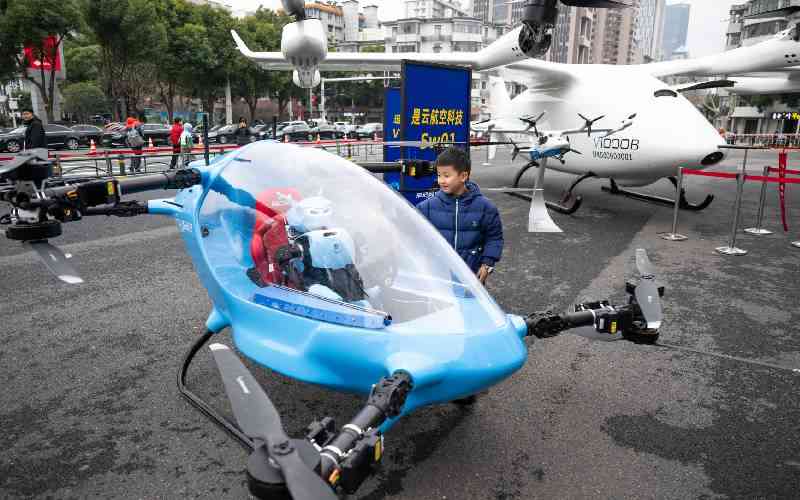“More than fifty years ago a middle-aged woman walked into the clinic of Kurt Goldstein, a neurologist. Though she appeared normal and spoke fluently, she had one extraordinary complaint. Every now and then her left hand would fly up to her throat and try to strangle her. She often had to use her right hand to wrestle the left hand under control, pushing it down to her side. She sometimes even had to sit on the murderous hand, so intent was it on trying to end her life.” V.S. Ramachandra & S. Blakeslee, Phantoms in the Brain.
Each of Kenya’s 42 tribes has its own history, traditions, culture and language. Some tribes are better in athletics than others. There are those that lead the way in football. While others excel in trade, some are considered to be the source for the most loyal employees and assistants. There are tribes that are bigger in numbers than others.







